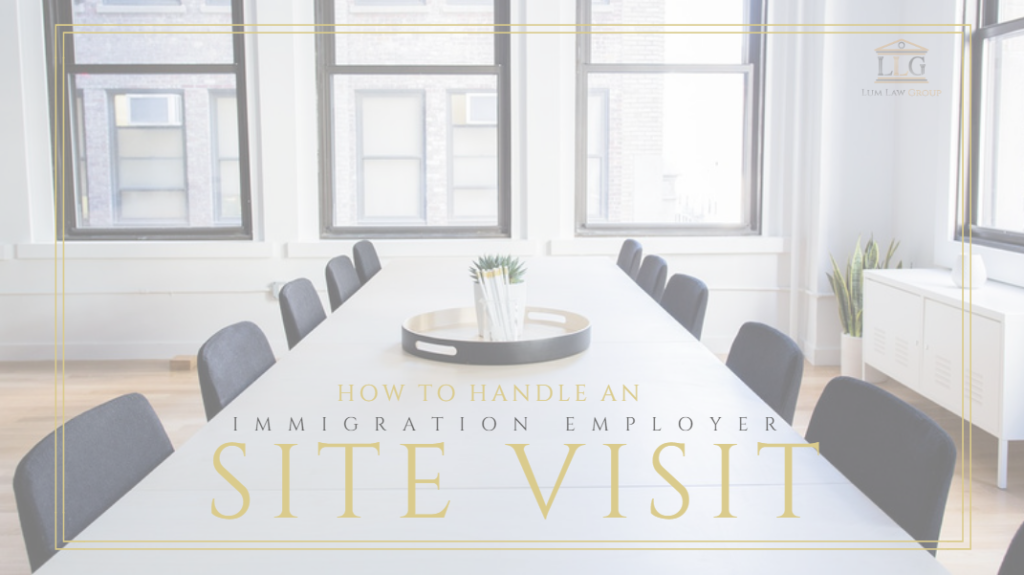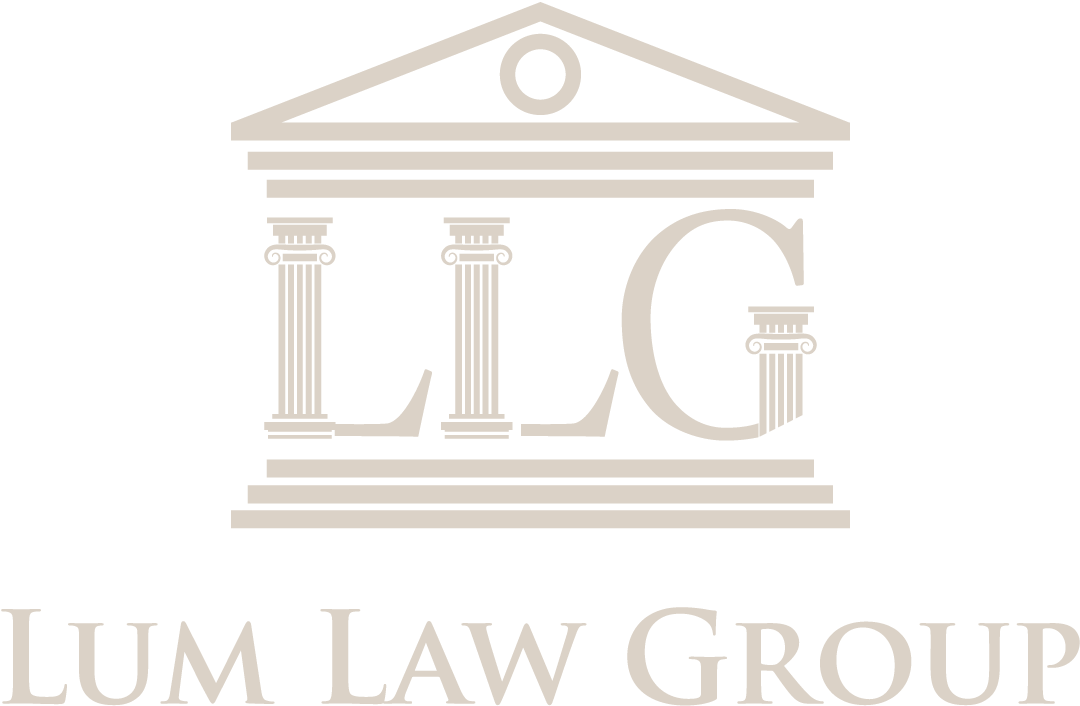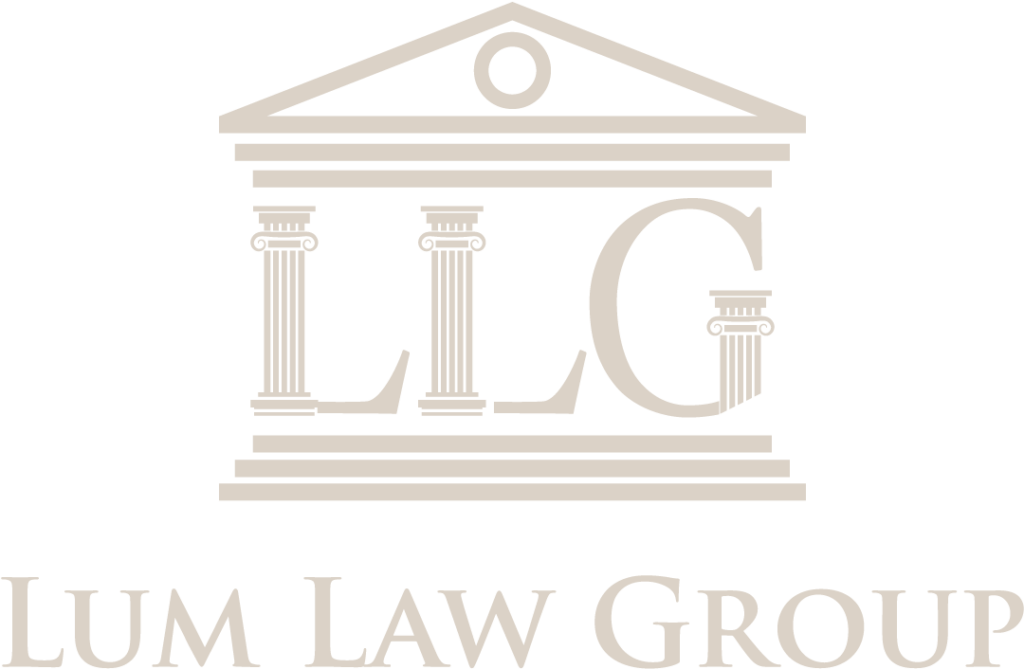How to Handle an Immigration (USCIS) Employment Site Visit

If you’re an employer with employment-based petition(s), such as the Form 129 Petition, for your employees, you might find yourself face-to-face with audit officers from the Fraud Detection and National Security (FDNS) department. FDNS, or a third-party inspector, conducts site visits on behalf of United States Citizenship & Immigration Services (USCIS) to combat L-1 and […]
How to ace your L-1 employment visa interview

If your employer has successfully applied for your L-1 employer visa, you may be scheduled for an interview at the nearest U.S. embassy/consulate. Whether you have experience interviewing for a US tourist visa and know the drill, or it’s your first time and you’re incredibly nervous, we have tips to help you better prepare for […]

